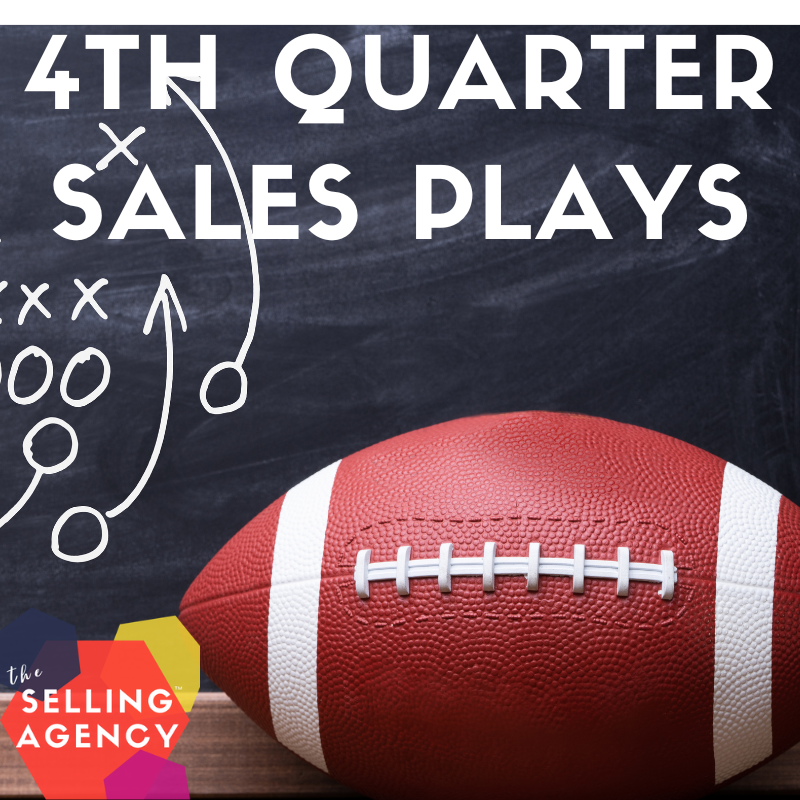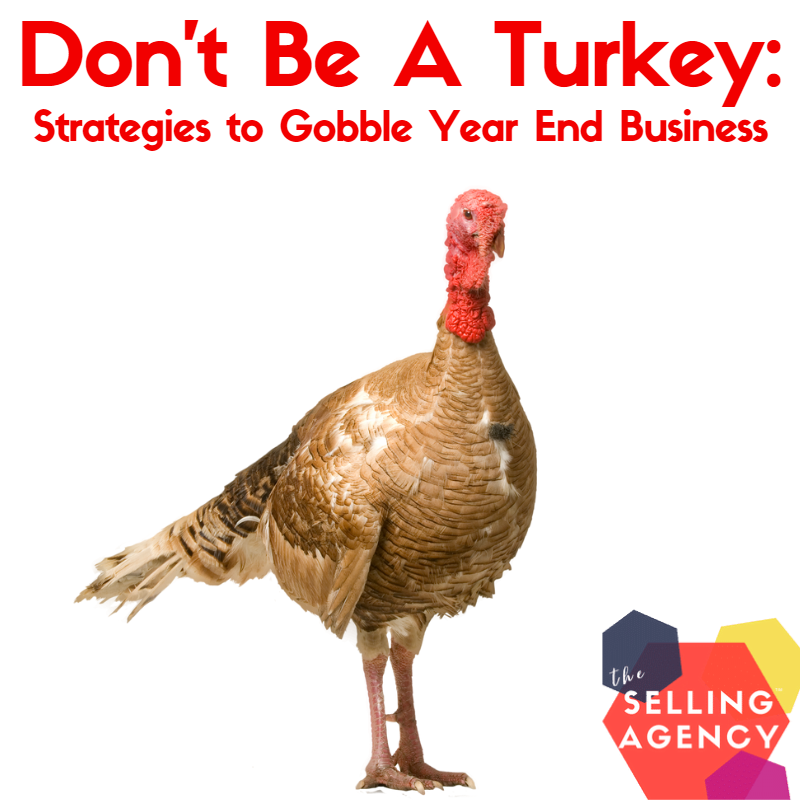Every December in Memphis, TN, thousands of people descend upon the city’s Downtown area to participate in the St. Jude Marathon. Runners run or walk a 5k, 10k, half, or full marathon and raise funds to support the mission, research, and children of St. Jude. This year’s marathon weekend raised over 12 MILLION dollars!
It’s quite an impressive event to see how many people come to run. People come from all over the country to take part in the event. I had a dozen or so friends that ran the 10k, half marathon, and a few that ran the full 26.2 miles for the very first time.
I watched their training progress on Facebook and Instagram and on the big day, several of them live-streamed parts of their run. One common theme of ALL of their race day posts and videos was that each runner was distinctly aware, at all times, of how far they were from the finish line.
Knowing that there was an end goal – that there was a point where they could stop, rest, rehydrate – kept each runner going.
Now, let’s turn this back to a sales post:
Imagine you were running a grueling marathon but you didn’t know where the finish line was.
You didn’t know how far you had to go.
Or, you never came to a finish line.
How compelled would you be to keep going?
How inspired would you be to push through the pain or monotony?
How would you keep motivated to keep going – to not stop and sit down on the side of the road and eat donuts?
The perpetual pipeline grind is a LOT like running a marathon with no foreseeable finish line.
Successfully landing new business one day, only to have to keep prospecting and generating opportunities the next.
I’ve been on this hamster wheel of pipeline or funnel development for decades of my sales career. Even now, as a business owner, I have to make sure I’m keeping an eye on future business opportunities and cultivating my next clients.
Back when I was an Account Executive selling print solutions, I struggled to balance serving new clients – spending time on the “bird in the hand” – while hunting new business. It’s so much easier to give attention to those that will take your calls, respond to your emails, and are happy to see you, then spend time sending emails and voicemails out into the empty void of the universe with no guarantee of response.
After suffering “Prospecting Burnout” and neglecting to keep up filling my funnel, I got burned a quarter or two by coming up short on my quota.
Yes. I just admitted that there were times I DID NOT HIT MY QUOTA. This was a huge learning opportunity for me.
I had to figure out how to continue to fill my funnel – with a higher success/conversion rate, and not feel like I was running that marathon that had no finish line.
Enter, “Micro Sales Campaigns.”
What is a Micro Sales Campaign?
Micro Sales Campaigns are concentrated efforts to develop new business with a narrow focus and specific time frame.
Changing up the target, the strategy, and the execution takes the monotony and tedium out of continuous prospecting and cold calling. Also, the deeper you segment your audiences, the higher your conversions. When you focus your energies and resources on a specific niche your communication and expertise drive those opportunities further and faster than with general messages or broad strategies. They also keep you fresh, focused, and committed to filling your funnel because you know there is an end to the race!
Key components of driving a Micro Sales Campaign:
- Narrow focus
- Specific reason
- Defined time frame (2 weeks, 1 month, 1 quarter)
Here are some examples of development campaigns you can run:
- Stalled deals – call to determine where they are in the process or disqualify
- Referrals – asking existing customers to make introductions to qualified leads
- Lather, Rinse, Repeat– replicating successful clients
- Conference Connections – re-connect with leads from networking
- Social bridges – select connections to build relationships and move offline
- Targeted industries/groups/associations – saturate one category at a time
- Previous clients – reaching out to a group with prior experience of your organization
- Expiring contracts – pre-emptive discussions about future business
Like any type of prospecting and business development, preparation is key to making this work. Before running a Micro Sales Campaign, take this simple 3 step approach: Plan it, Organize it, Execute it.
Plan it:
- Who are we going to focus on?
- Why are we reaching out – what value do we have to offer or discuss?
- What research and resources do we need to be effective and relevant during calls and follow-up?
- Who will be responsible for contributing and executing the campaign?
Organize it:
- Build out time on your calendar for research and execution.
- Clear a path with your existing workload and customers.
- Request or create any visuals or materials.
- Create your email templates, prompts, and follow-up sequences.
Execute it:
- Double down and do it. No excuses. Don’t push it off. Execute from start to finish.
If you’re tired of that nagging guilt that eats at you because you keep pushing off filling up your pipeline, take a different approach with these Micro Sales Campaigns. These can be effective as an individual or as a sales teams’ focus. You can run a new campaign every month or every quarter and the real bonus is that when you see more results from your efforts, you’ll be fired up to do it again.
Getting to the finish line with so much success makes it more fun to do it again – just like that “runners high” those crazy marathoners talk about.
Consider a Micro Sales Campaign to cut down on the burnout of perpetual prospecting and make your efforts more efficient and tons more effective!
Until next time, stop hoping and start SELLING!
-sks










